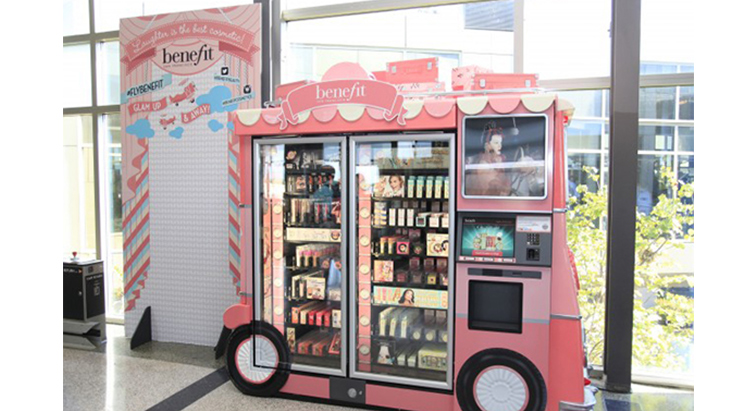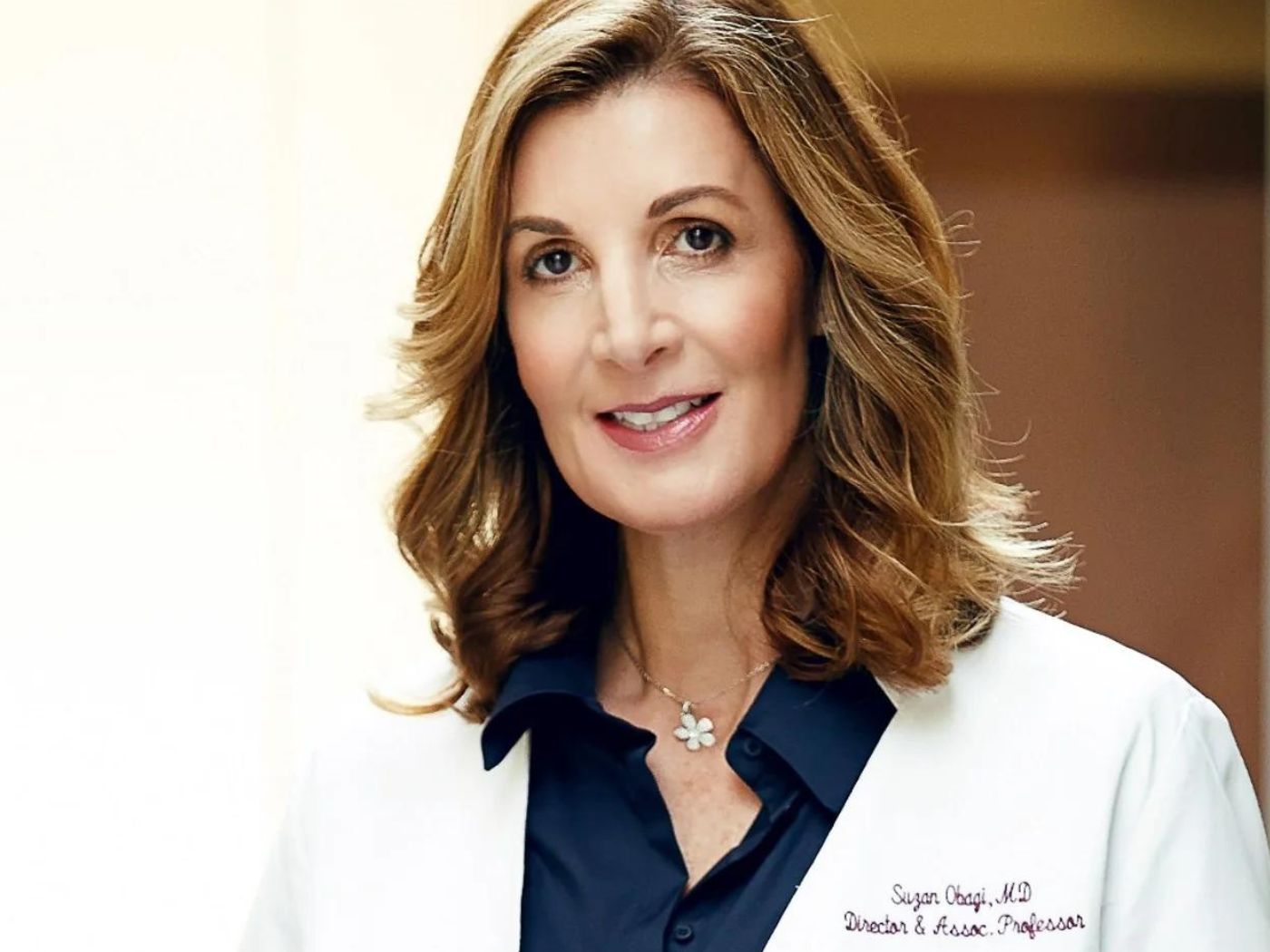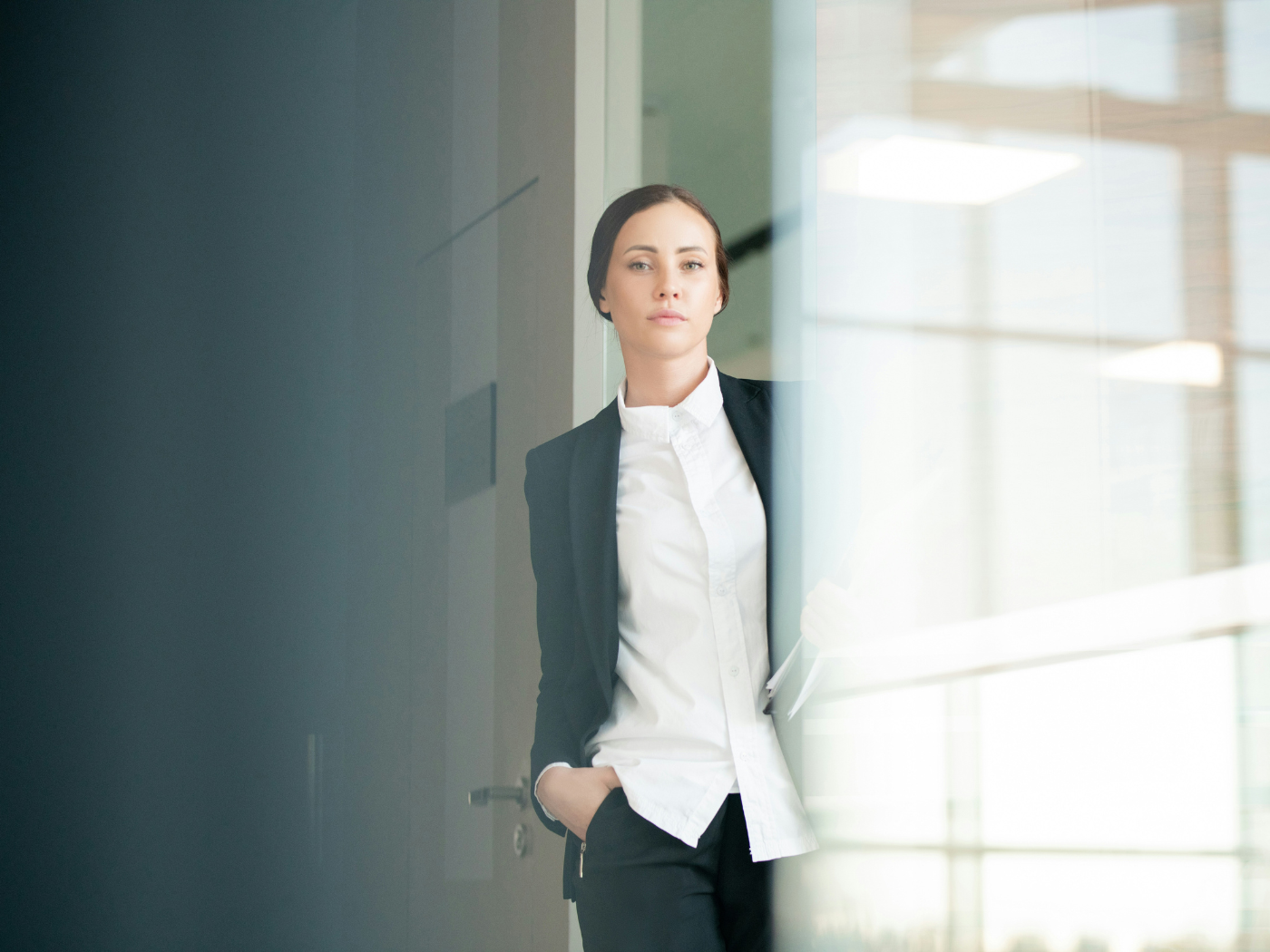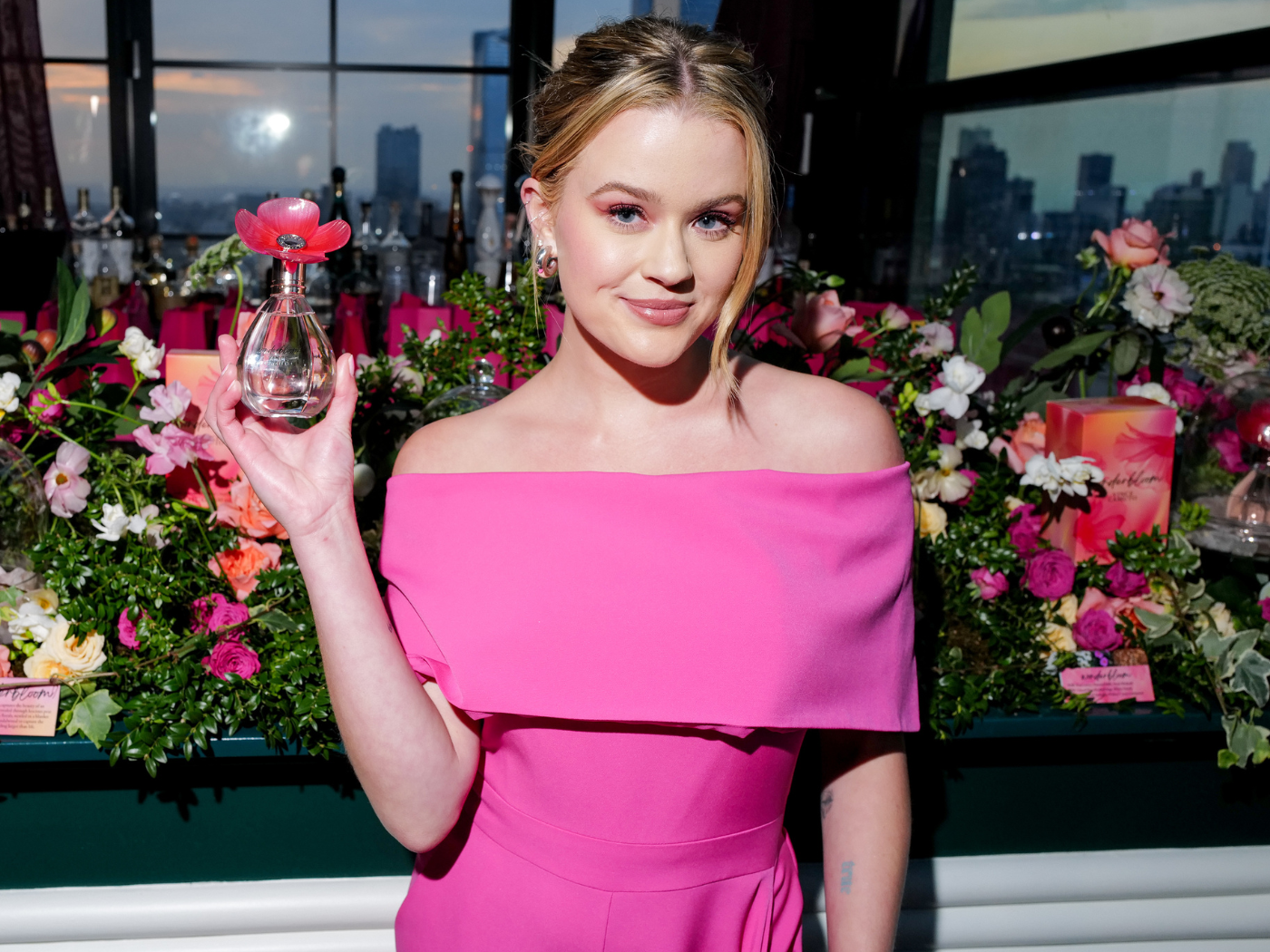Travel retail is fast becoming one of the highest growth channels in beauty, with one billion global travelers passing through airports each year. Beauty Insider uncovers the trends driving this channel, and how the industry is engaging travelers with relevant new products, services and unique retail experiences, designed to convert them into loyal customers.
Travel retail is such big business that L’Oréal refers to this growing economy as the ‘Sixth Continent’. The figures are astounding. More than one billion people travel internationally every year. That’s approximately 15 percent of the world’s population – a figure that is expected to grow five percent annually, according to industry forecasts. The global value of travel retail is predicted to reach $84 billion by 2020. Beauty accounts for approximately one-third of all travel retail sales.
Travel retail comprises duty free at airports, airlines, cruises and border shops. Airports are increasingly becoming retail destinations in their own right, rivaling the most glamorous malls in the world. Retailers and brands are eager to capitalize on the “golden hour”, the slice of time between security and boarding that is prime spending time for travelers.
The travel retail market is becoming ever more important thanks to low cost airlines, affordable accommodation such as Airbnb, and the surge of middle classes from emerging markets, Chinese consumers especially, who often discover foreign beauty brands for the first time while traveling. There will be 180 million Chinese global travelers by 2023, a doubling of current figures, according to L’Oréal Travel Retail, a division that is designed to respond nimbly to fast-changing global markets. Shiseido and Estée Lauder, too, have emphasized their commitment to travel retail and building brand awareness in new markets. In May 2016, Shiseido created a dedicated entity, Shiseido Travel Retail, joining its cosmetics and fragrance businesses, Shiseido and Beauté Prestige International (BPI). Last month, Estée Lauder expanded the role of its Global President of travel retail to also encompass strategic development of retail stores globally, with the aim to create new omnichannel opportunities.
All three multinationals are launching initiatives to help travelers discover their portfolio of brands.
L’Oréal has opened shop-in-shops globally for its brands, as well as a steady stream of new products and services. Luxury hair brand Kérastase is seen as a beacon brand, successfully converting travelers into brand loyalists. The brand has recently opened stores at prestigious airports including Paris, Copenhagen and Singapore. Kérastase’s Hair & Scalp Profiler provides personalized hair and scalp diagnosis while travelers wait for their flights, together with product recommendations, including exclusive Kérastase travel sets. The Profiler has led to a 70 percent customer conversion rate in several Kérastase counters, according to the brand.
L’Oréal’s dermocosmetic brands, La Roche-Posay and Vichy, have opened 30 DermaCenters (shop-in-shops) since 2014 dedicated exclusively to skin care in airports in Asia, Europe and Latin America. The most recent DermaCenter was opened at Charles de Gaulle airport in Paris earlier this year. Customers benefit from a three-minute, personalized skin care diagnostic using a DermAnalyzer device, and then DermoAdvisors offer product recommendations.
L’Oréal Travel Retail introduced the first Lancôme pop-up store, the LA Lip Art Academy, in August at Los Angeles Tom Bradley International Airport. The pop-up invited travelers to try products, attend makeup master classes and share their makeovers on social media.
When Estée Lauder opened a new beauty boutique in Abu Dhabi International Airport in July for its staple brands (including Clinique, La Mer, Estée Lauder and Tom Ford Beauty), it also featured, for the first time, niche prestige fragrance brands Editions de Parfums Frédéric Malle and Le Labo. In order to familiarize people with these brands (presented for the first time in an airport) travelers were offered free fragrance consultations during the launch period. Lauder’s better-known brands were also offered with a special activity or promotion, such as travel retail exclusives and gifts, and complimentary massages.
Estée Lauder has also developed services targeted to stressed and tired travelers. The brand’s Three-Minute Beauty, which includes Fatigue Fighter, teaches travelers how to brighten the eye area effortlessly. La Mer’s aptly named Arrive Hydrated skin care regimen suggests products to use before boarding, and as skin-soothers during flights.
Shiseido is increasingly leveraging digital and interactivity in its retail animations, part of a growing trend towards premium and experiential airport retail. With its Shiseido Rouge Rouge launch, a collection of 16 red lipstick shades, the brand displayed products as activated patterns on large LED screens at Los Angeles International (LAX) and Singapore airports. The patterns changed according to the movements of those standing in front of it. The ‘Find Your Rouge Rouge’ iPad application also enabled travelers to create a digital portrait, which they could download via a URL or QR code to their mobile phones and share on social media.
Travel retail is also taking advantage of digital technologies, enabling consumers to reserve or pay for products online before arriving at airports. This trend is gaining momentum in Asia where online shops are becoming key platforms for brands, especially with millennials.
Airports are also becoming important ‘data labs’ where retailers and brands can analyze consumer behavior, and prepare for international arrivals by reconfiguring displays to resonate with the sudden surge of travelers from particular regions.
There has been a recent expansion of luxury beauty services available at airports, a welcome respite from the tedium and stress of international travel. XpresSpa, the largest airport spa luxury player, is present in 50 airports in North America, plus Amsterdam and Dubai, offering manicures, pedicures, waxing, haircuts and even hot showers. Increasingly, airports are becoming wellness centers, in addition to being transportation hubs.
Beauty vending machines are also popping up for time-pressed travelers in need of pampering. Sephora, Benefit Cosmetics and Essie are stocking their airport vending machines with skin, hair and makeup essentials – the kind that get inadvertently left behind! All part of retailers and brands establishing a presence at the newest beauty destination – airports.




